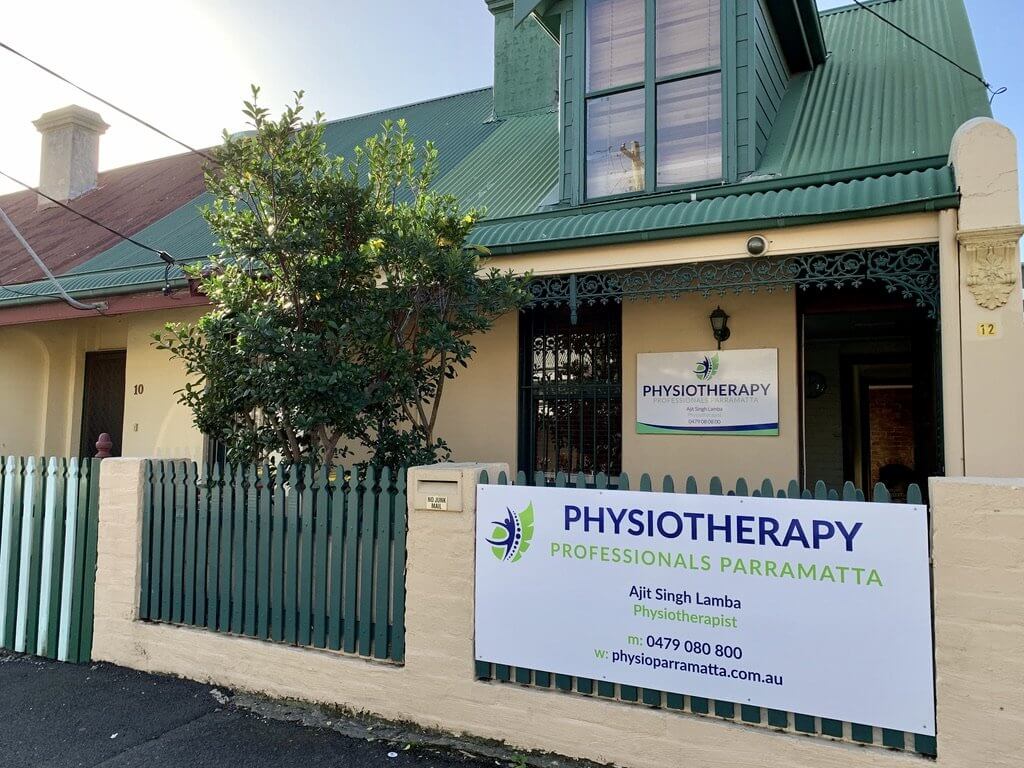Headache and Migraine Pain

Headache and Migraine Pain
What is Headache and Migraine Pain?
- Headache and migraine pain is a very common form of pain that has many causes.
- Headaches occur when pain sensitive structures in the neck, brain or scalp become overactive or begin to develop problems.
- These can be caused through chemicals in the brain, nerves or blood vessels or physical structures such as muscles and other soft tissues in your neck and upper back
What are the symptoms?
The symptoms of headache and migraine pain may include:
- Moderate to intense throbbing or pounding inside your head, this often begins as a dull ache and develops as time progresses
- Varying amounts of pressure building up in the head depending on the severity of the headache
- Hearing a constant ringing sound which can worsen as the headache/migraine becomes worse
- Neck pain
- Visual disturbance. Some people may experience auras during or before a headache or migraine. Auras impact vision and can cause flashes of light, floating dots, distorted vision, blind spots and even in some cases temporary loss of vision.
Who is at risk?
- Anyone can be at risk of headaches and migraines and most people can expect to have a minimum of one or two headaches per year.
- In some more extreme cases, individuals will experience headaches/migraines daily.
- Headaches and migraines can also be a genetic condition, which is why it is important to know your family health history and see if you are more at risk.
- Gender can be another factor which can influence if a person is at risk of getting a migraine. Migraine is 3 times more common in women than men. During female hormonal changes especially during a menstrual period the risk will also increase.
There are many headache causes including:
- Emotional stress – this is considered the most common cause of headaches/migraines. When a person is experiencing stress/anxiety chemicals in the brain will be released as means of defense. This is referred to as the “flight of fight” response. This will also bring on the side effect of a headache or a migraine.
- Sensitivity to specific chemicals, especially those found in foods – chemicals such as preservatives and MSG can react with a person’s body in a negative way, even foods that are fermented or pickled may lead to a headache/migraine.
- Sinus issues and blockages can build pressure in your head and eventually lead to headaches/migraines
- Persistent headaches must be investigated to rule out serious conditions.
What are the treatments?
- For mild headaches, over the counter (OTC) medications such as paracetamol or aspirin may help ease the symptoms. You will need to be careful as taking OTC medications can lead to Medication Overuse Headache(MOH) and Chronic Daily Headaches.
- Another self-administered treatment that can help reduce the effects of a headache/migraine is to massage your scalp or apply pressure with your fingers in a circular motion on your temples.
- Physiotherapy is a very effective means of treatment for headaches and migraines
- As many headaches are caused by stress it is also important to keep your body in a calm state.
- Activities such as meditation, mindfulness and slow breathing may help in relieving stress.
- It’s important to speak with your GP to rule out more serious pathology. This can be done through a CT or MRI scan.
Contact Us:
You can call us anytime to have a confidential discussion with our expert Physiotherapists.


Links:
CTP Insurance Physiotherapy Claims
What to do after a car accident
Physiotherapy After A Car Accident
I Was Injured in a Car Accident. Do I Need to see a Physio?
Car Accident Injury And Treatment
Car Accident Injuries & Treatment: What to Expect Physically After an Accident
Whiplash: What You Should Know About This Common Car Accident Injury
